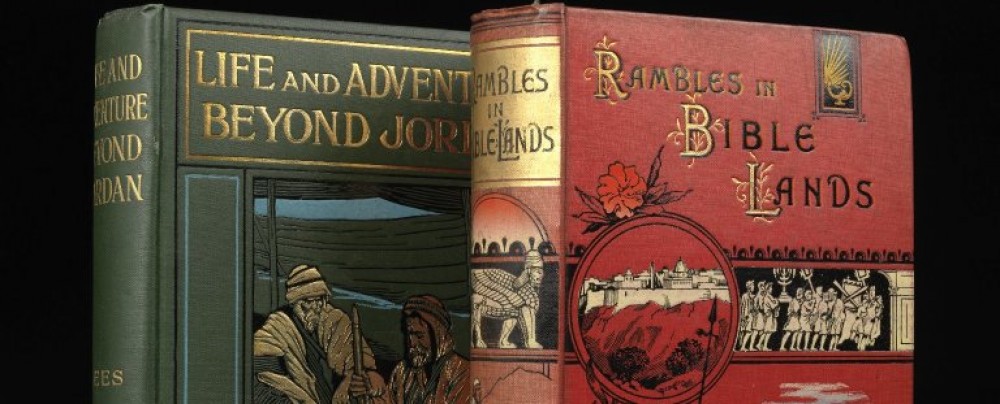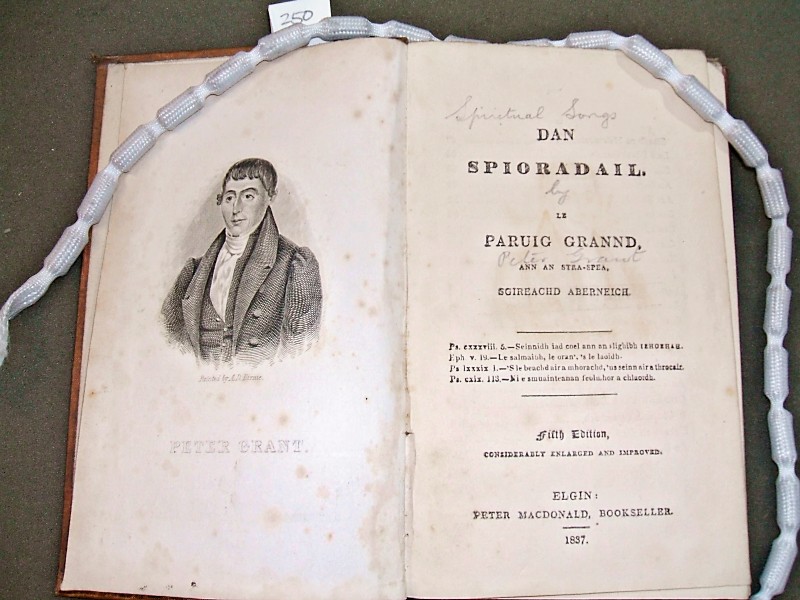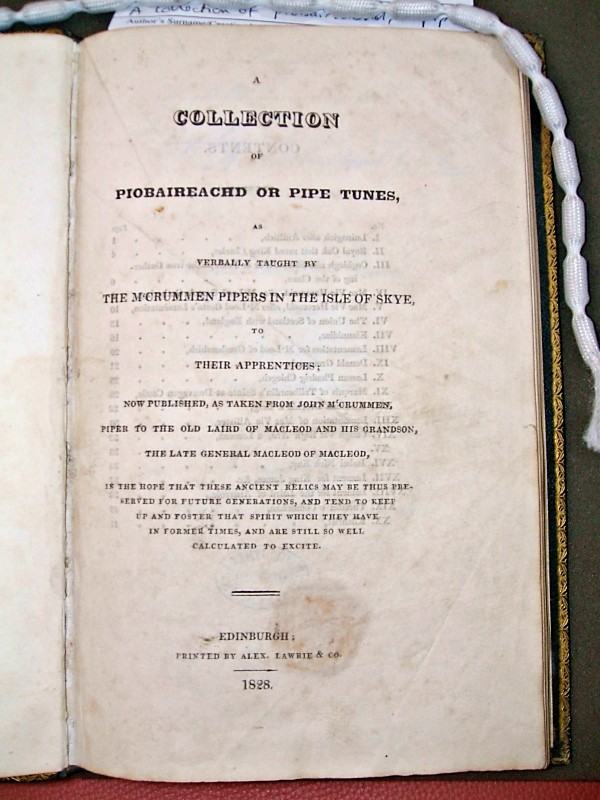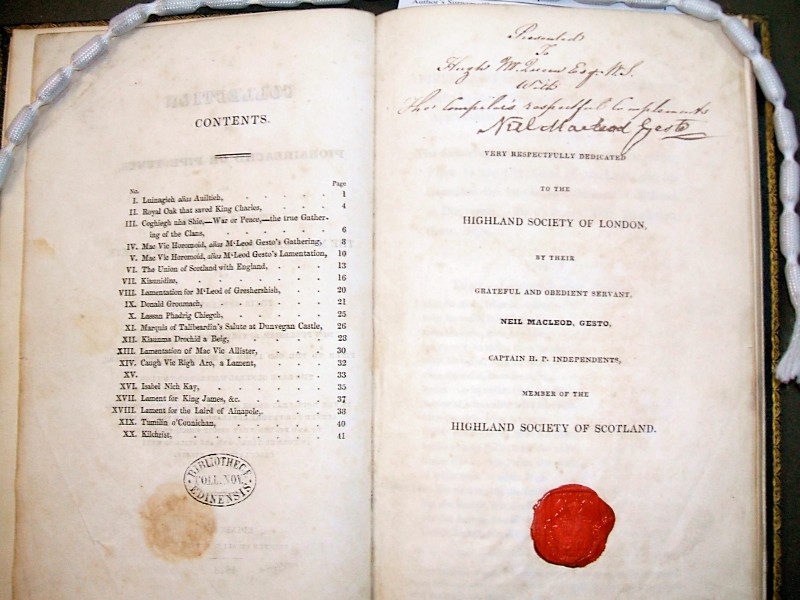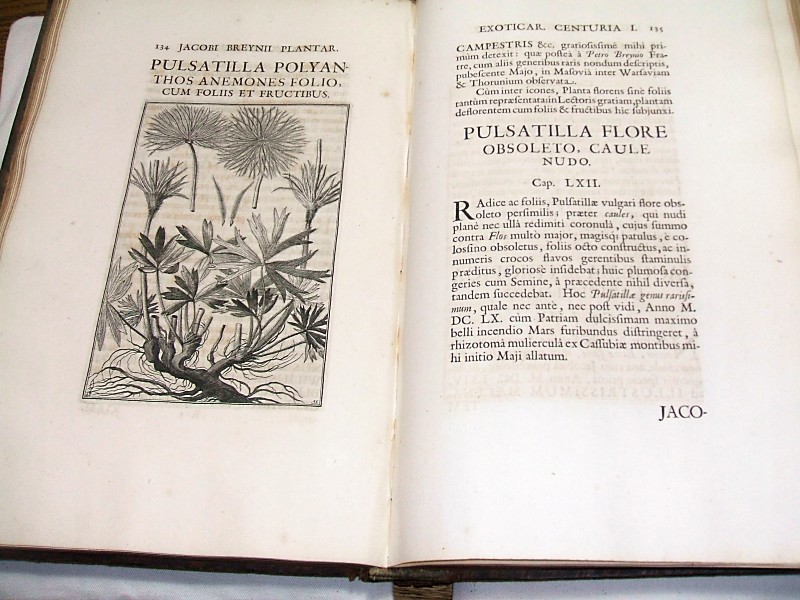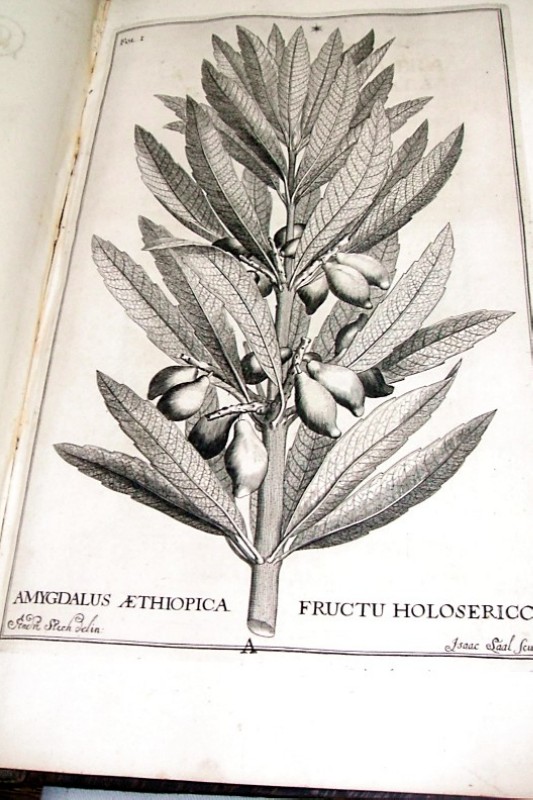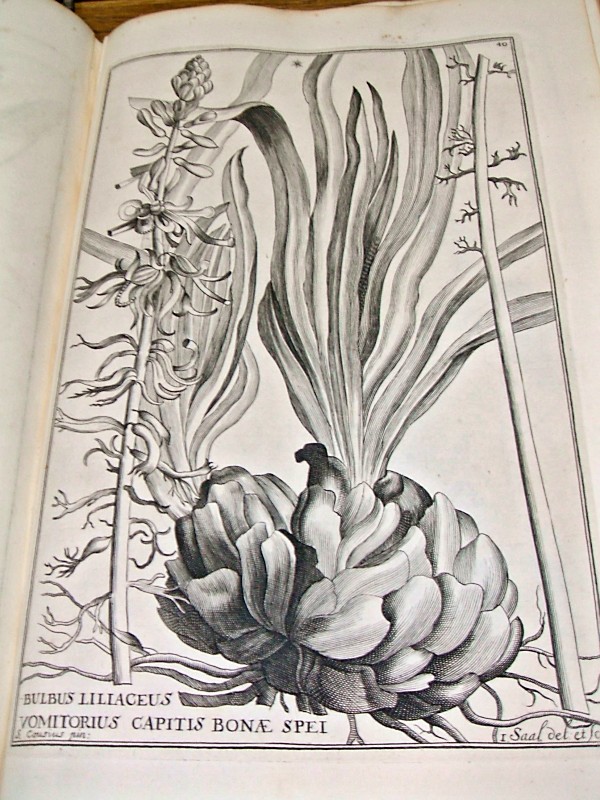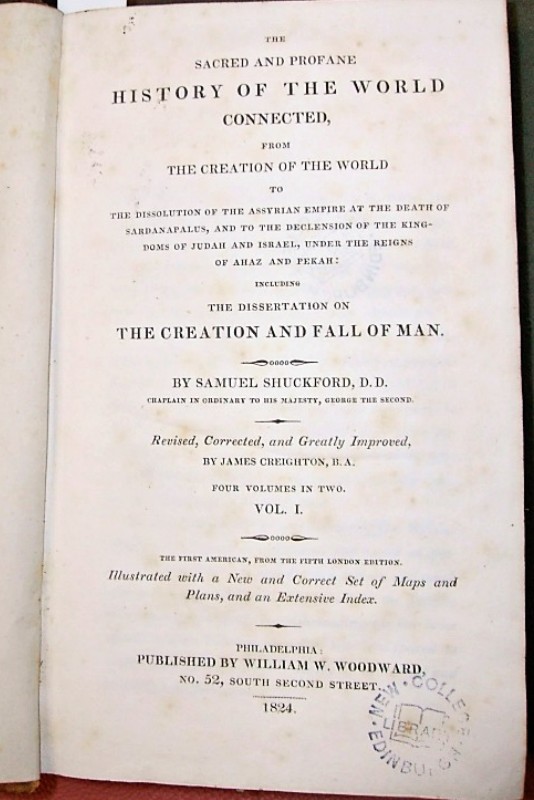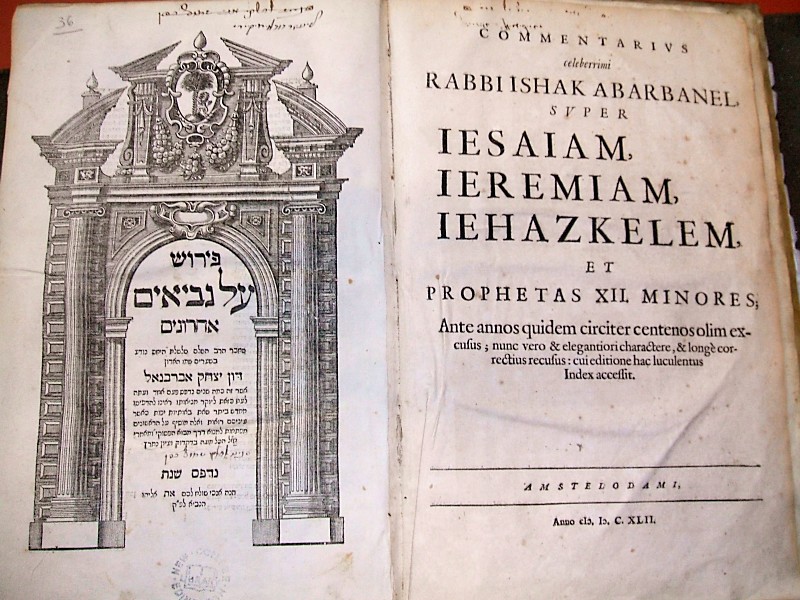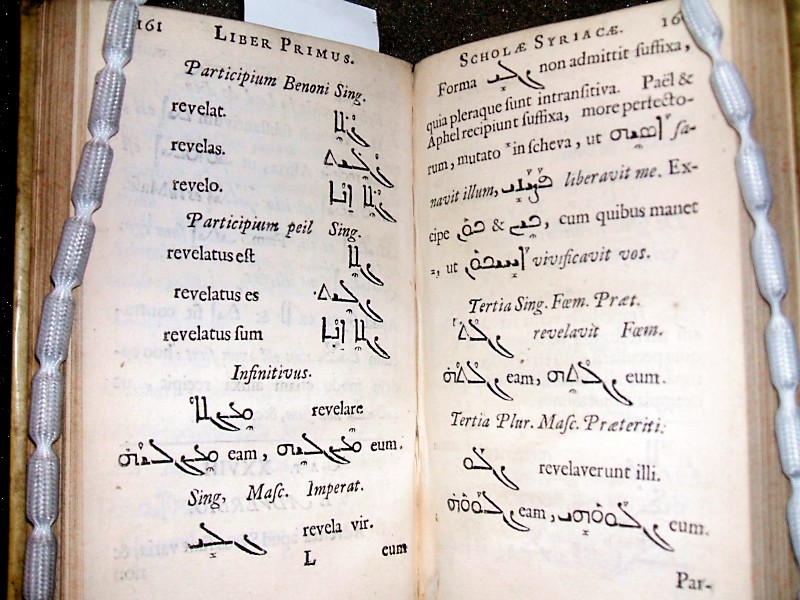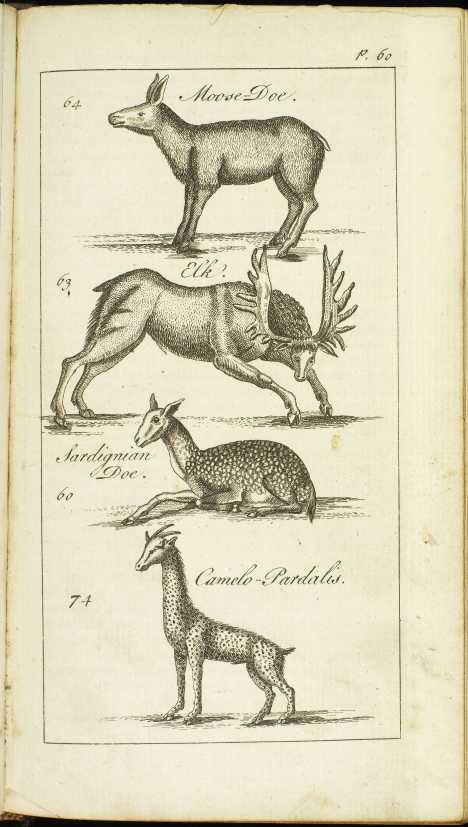I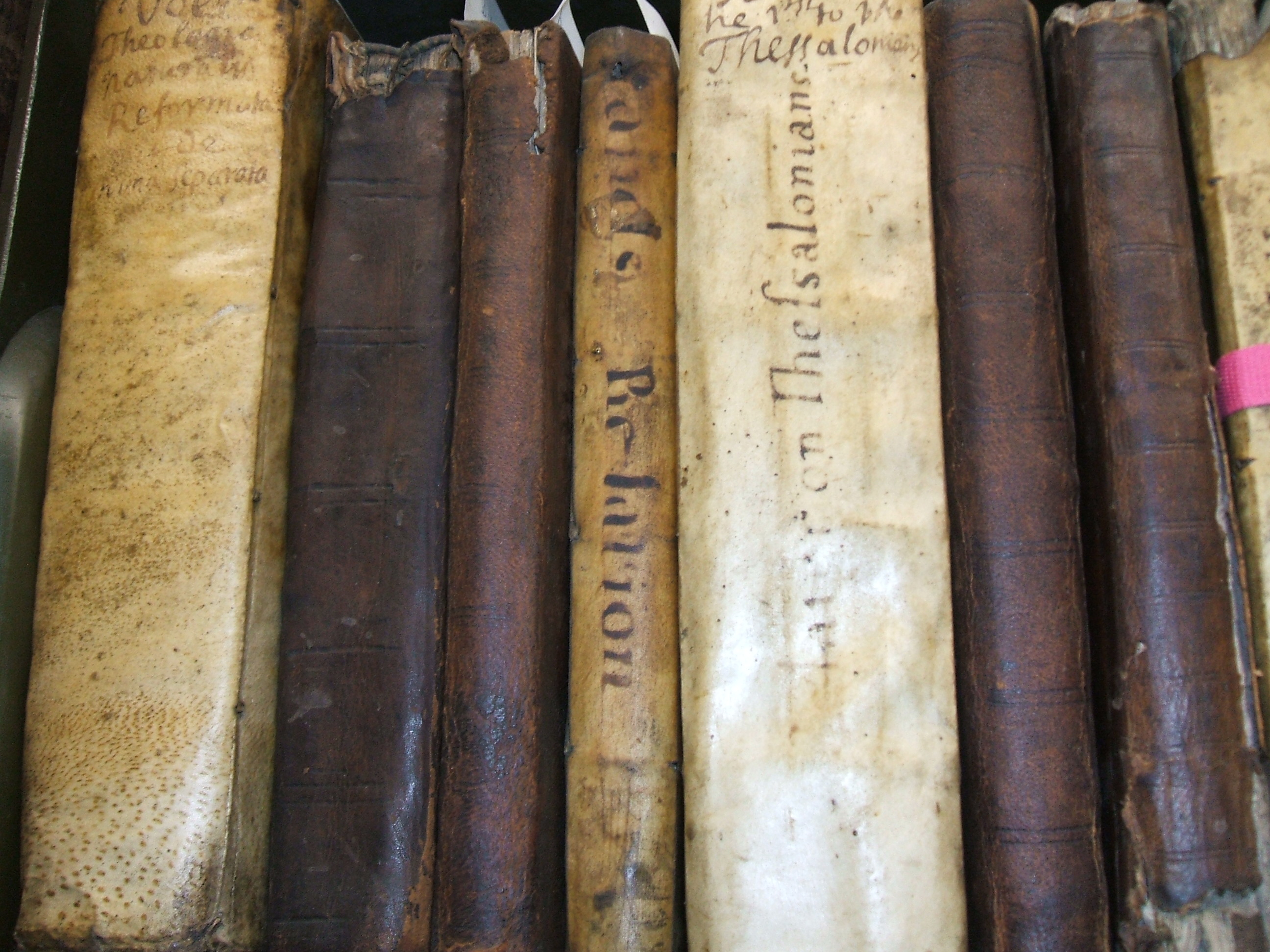 t’s difficult to walk around Stack III, the rare books stack of New College Library, without feeling the weight of history. On these shelves Tyndale rubs shoulders with Calvin, and fifteenth century incunabula are a few steps away from nineteenth century treatises on religion and science. So many of these texts are witnesses of strongly held beliefs, beliefs that changed the religious and the political landscapes of their day. In addition to these historic voices, we can also find the ghosts of former owners and former libraries that have been donated and absorbed into New College Library. Many rare books are inscribed by their owners, and often a succession of owners.
t’s difficult to walk around Stack III, the rare books stack of New College Library, without feeling the weight of history. On these shelves Tyndale rubs shoulders with Calvin, and fifteenth century incunabula are a few steps away from nineteenth century treatises on religion and science. So many of these texts are witnesses of strongly held beliefs, beliefs that changed the religious and the political landscapes of their day. In addition to these historic voices, we can also find the ghosts of former owners and former libraries that have been donated and absorbed into New College Library. Many rare books are inscribed by their owners, and often a succession of owners.
As new books join the ranks on the shelves in New College Library, and are borrowed, read and absorbed into learning, they join in the community of the written word that makes up a library and enter the conversation of scholarship that was begun by the generations before. In the minds of the scholars and students these voices from the past are still watchful, possibly censorious, always listening and still alive.
